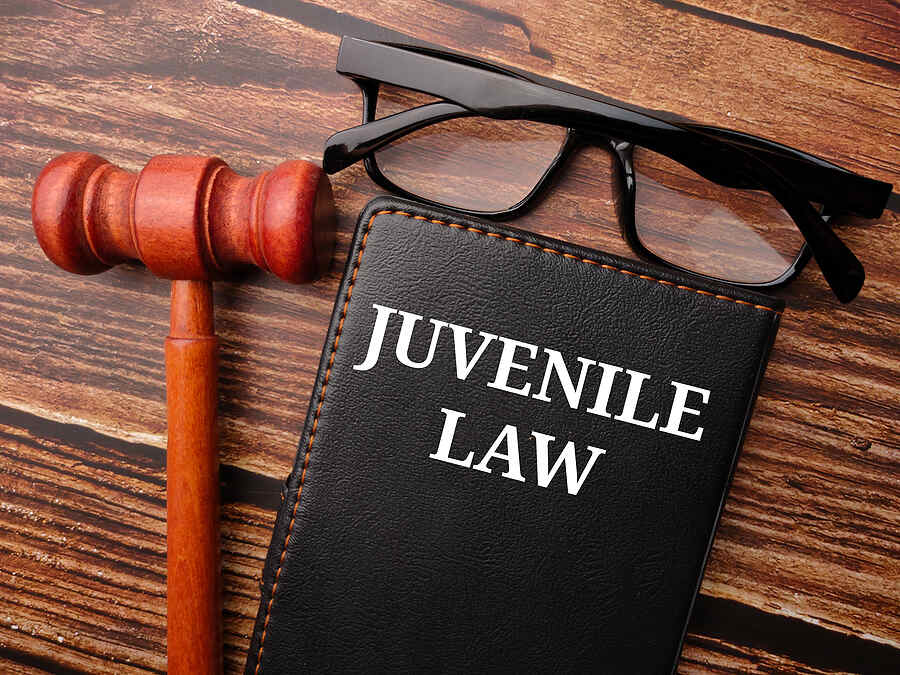Texas’s juvenile justice system is highly complex and differs significantly from the adult justice system. Anyone younger than 17 but older than 10 who commits an offense may enter Texas’s juvenile justice system. Likewise, anyone older than 17 who shows delinquency by their conduct and requires supervision may also enter the system.
If your child was accused of a juvenile crime and needs a strong criminal defense, don’t try to handle the complicated legal proceedings alone. Find an experienced juvenile criminal defense lawyer who can help you and your family move forward.
Who administers juvenile services in Texas?
The TJJD, or Texas Juvenile Justice Department, supervises youth rehabilitation programs in Texas. Additionally, each county has a juvenile board, which administers services for youth at the local level.
What are the Most Common Juvenile Crimes?
In Texas, most non-traffic-related youth crimes fall into two categories: CINS offenses or delinquent conduct. If a youth gets convicted of a CINS offense, they face various levels of probation. However, they will not receive a sentence to TJJD for a CINS offense.
Examples of CINS offenses include running away, abusing inhalants, expulsion for violating a district’s student code of conduct, prostitution, and sexting. These are also known as status offenses since they are not criminal offenses for an adult.
Delinquent conduct, on the other hand, involves more dangerous offenses. Convictions do often result in a sentence to TJJD.
Some examples of delinquent conduct include:
- Larceny: Larceny is basic theft. Stealing small items from shops, classmates, or teachers constitutes larceny.
- Vandalism: If a young person “makes their mark” by drawing or cutting on the walls of public restrooms, painting graffiti, or ruining people’s parked cars or bikes, this offense is punishable in juvenile court.
- Assault or violent crimes: Fighting with friends, parents, or teachers can lead to an assault charge.
- Alcohol or drug crimes: Many young people use drugs or alcohol illegally. If they become addicted, they may start dealing drugs, forging IDs, and performing other crimes.
These are a few of the most common juvenile crimes. However, youth can be charged with many other crimes, leading to severe consequences for them and their families.
Penalties for Juvenile Crimes
In Texas, a young person will face various penalties based on the severity of the offense committed. The judge who hears a case has broad discretion to assign punishments.
Here are some common penalties:
- First-time status offenses such as breaking curfew usually come with a fine, often ranging from $50 to $500. The young person might also face probation.
- Truancy (i.e., too many unexplained absences from school) may result in a fine, probation, or suspension of driver’s license.
- Drug possession often results in a high fine and possible detention.
- Vandalism may lead to a fine of $500 or more, depending on the cost to repair the damage. Some serious offenses also result in detention.
- Alcohol-related offenses can result in a suspended driver’s license, hundreds to thousands of dollars in fines, and detention.
- In some situations, juveniles can be tried as adults for certain felony offenses and may face detention even after turning 19.
The court will ultimately determine what penalty to give based on the severity of the offense and the danger the young person may pose to the public.
If the court sentences a young person to detention or house arrest, they must complete their sentence and any required training programs before they are released. If they reach their 19th birthday and still haven’t completed their sentence, the court may transfer them to prison or adult parole.
Punishments for juvenile crimes have long-term effects on young people. They may struggle to get into certain schools or join the military, for example, after being charged with a juvenile crime. Get help from someone with experience with the juvenile justice system to get back on track after a juvenile offense.
Common Defenses for Juvenile Crimes
If a youth in your life gets charged with a juvenile offense, there are a few defenses they might be able to use to prove that they didn’t commit the crime or deserve less severe punishment.
Some common defenses include:
- Showing that the police gathered evidence illegally or failed to follow proper protocol when investigating the offense
- Proving that the youth did not commit the crime
- Showing that the person who committed the offense feels regret and that they had not previously committed any crimes
Unfortunately, navigating the court system as a juvenile offender is a challenge. Contact a juvenile criminal defense lawyer right away to make the process easier. A juvenile defense lawyer has experience helping clients build strong defenses to show innocence or reduce sentencing.
When a young person gets convicted of a crime and faces rehabilitation, it can be tough to return to everyday life with a record. While many courts are favorable to youth who commit crimes and want to help rehabilitate them, it is confusing and difficult to go to court alone. Contact a juvenile criminal defense lawyer who can help you build a case to get your child back on track.


